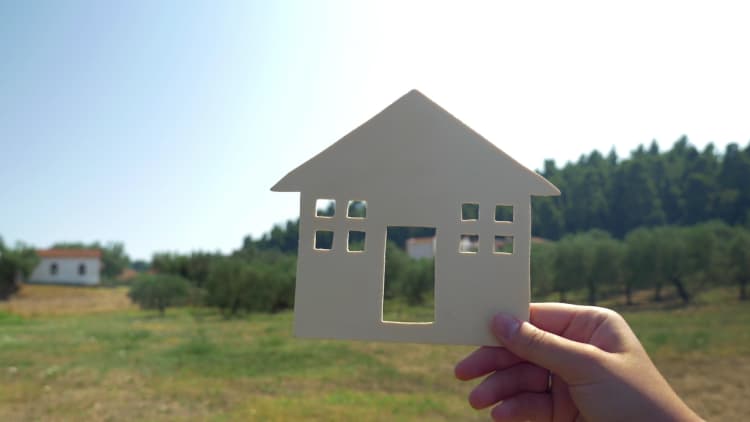In 2007, Guen Garrido left UCLA with a bachelor's degree and a tab of $40,000. By the end of 2014, her total debt had grown to $68,600, thanks to a car loan, a few personal loans and credit card debt. But three years and three months later, the San Diego-based millennial had paid off every cent.
She tackled her debt using a strategy popularized by money expert Dave Ramsey: the "snowball method." With this strategy, you prioritize your smallest debts, regardless of interest rate. For Garrido, that meant starting with $50 she owed Target.
The idea is that you'll appreciate watching debts disappear as you would watching a snowball grow bigger and bigger, and that will help you stay excited about the process. As Garrido puts it: "Psychologically, when you hit the smallest one, you're winning."
After paying off her credit cards, she moved onto personal loans and her car loan before eventually tackling her biggest debt: student loans.

While some experts recommend the avalanche method, which minimizes the amount of interest you're paying overall and, mathematically, is the most efficient way to handle debt, researchers for the Harvard Business Review found that the snowball method is actually the most effective strategy.
"Focusing on paying down the account with the smallest balance tends to have the most powerful effect on people's sense of progress — and therefore their motivation to continue paying down their debts," Remi Trudel, one of the researchers, writes for HBR.
To try the snowball, start by listing out all of your debts, smallest to largest. Pay the minimum balance on each one, except the smallest. For that one, dedicate as much cash as possible each month until it is repaid. Then move on to the second-smallest debt.
As Ramsey writes in "The Total Money Makeover": "You need quick wins to get fired up. When you start the debt snowball and in the first few days pay off a couple of little debts, trust me, it lights your fire."
Like this story? Like CNBC Make It on Facebook!
Don't miss: Here's how one millennial paid off $68,600 in just over 3 years



